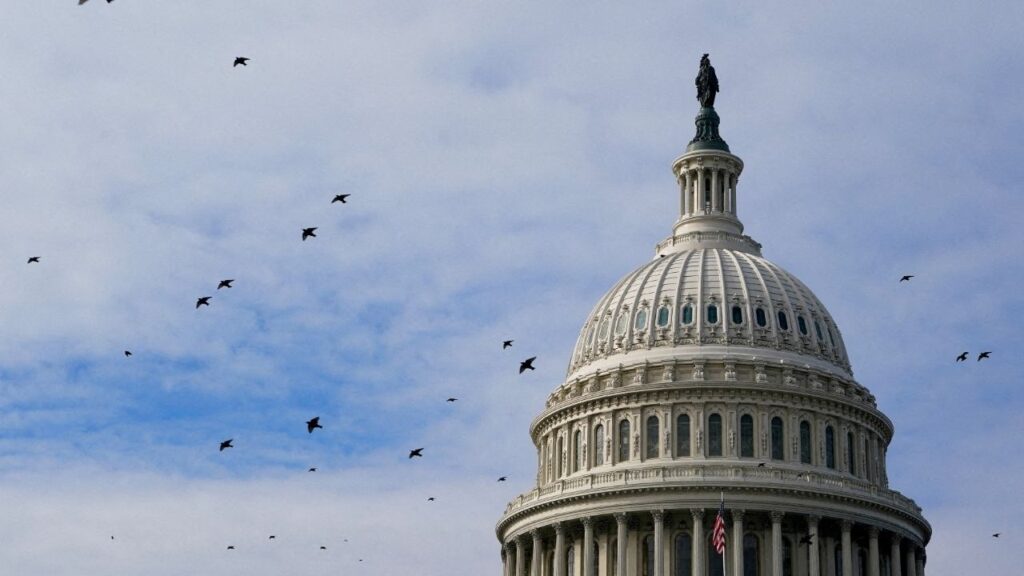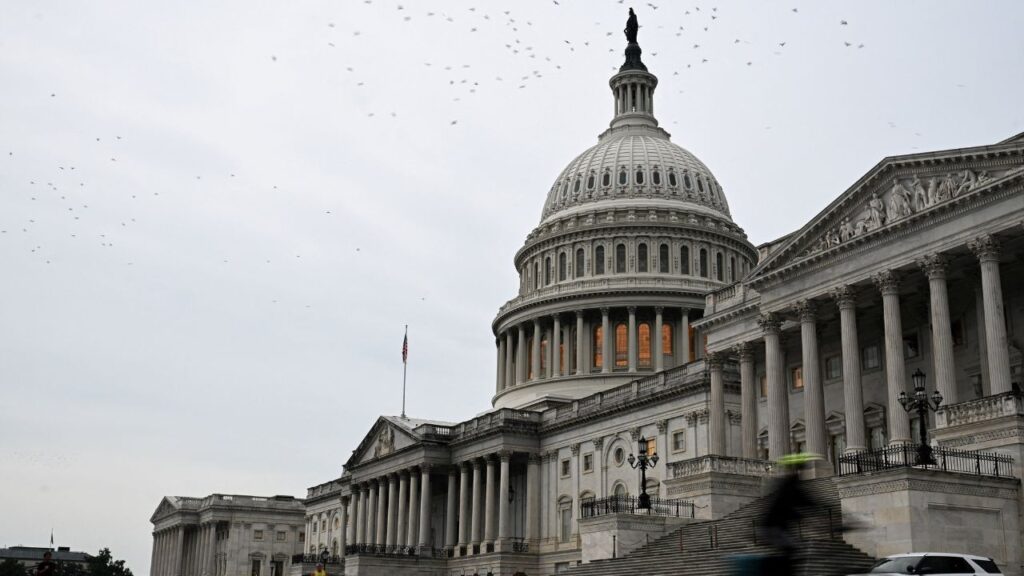California's tax loopholes, benefiting special interests, cost the state billions in lost revenue annually. Did you know that movie theater popcorn is exempt from sales tax? (Shutterstock)

- Tax exemptions in California amount to $107 billion, affecting state and local government revenues significantly.
- The largest tax carve-outs include exemptions for employer-provided medical care and pension contributions.
- Despite their substantial impact, these tax breaks receive little scrutiny from the public, media, or politicians.
Share
Among the hundreds of bills introduced in every session of the California Legislature, a few deal with what state officials term “tax expenditures,” which requires some explanation.

Dan Walters
CalMatters
Opinion
The term refers to provisions in personal and corporate income taxes and sales taxes that exempt specific financial transactions from levies that otherwise would be applied. They have exactly the same fiscal effect as direct appropriations in the budget, which is why they are dubbed “expenditures.”
While many loopholes reflect a broad public and political consensus that they serve positive purposes — such as making prescriptions drugs and most grocery store foods tax-free — others provide subsidies to special interests with political clout.
My personal favorite among the latter was enacted about 35 years ago at the behest of Silicon Valley interests. It exempted custom computer programs from sales taxes, generally benefiting corporations willing to pay millions of dollars for such software, while continuing to tax off-the-shelf programs such as Quicken or TurboTax purchased by ordinary consumers.
It’s certainly not California’s largest tax loophole, costing state and local governments $119 million a year in lost revenue, but it exemplifies the narrow focus of many exemptions.
Related Story: Democrats Pushed to Keep Spending as California’s Budget Deficit Grows
The Staggering Impact of Tax Expenditures on California’s Budget
The software loophole estimate comes from an annual report issued by the state Department of Finance that gets scant public, media and political attention even though, as this year’s version confirms, the accumulated effect on state and local government revenues is $107 billion, counting only exemptions of $5 million or more.
“The result: California’s $204 billion of estimated General Fund revenues (excluding transfers) in 2024-25 would be roughly 45% greater if there were no personal income, sales and use, or corporate income tax expenditures in state law,” Jason Sisney, a fiscal consultant for the Legislature, says in an analysis of the data.
Over time, the number and size of tax expenditures has tended to increase because they often enjoy political support from their beneficiaries, while there’s little or no pressure on governors or legislators to reduce or eliminate those with little or no rational basis, such as the custom software exemption.
Related Story: Supporters of California Constitution Changes Hope to Make Raising Taxes Easier
Curious Cases of Tax Exemptions: From Popcorn to Diapers
The legislation creating it was carried by a Silicon Valley legislator, now deceased, known for his laments about the state’s parsimonious attitudes toward vital education, health and social services.
What happened a couple of decades ago in the state Board of Equalization, which was then the collector of sales taxes, is another illustration. State law taxes hot prepared foods, such as those served in restaurants, or offered by delis, but exempts cold prepared foods — for reasons lost in antiquity.
The owner of a theater chain asked the board to exempt popcorn from the hot food tax, arguing that while it may be warm when purchased, it’s cold by the time theater patrons return to their seats. The board granted the exemption.
The new report lists the income tax exemptions for employer-provided medical care and pension contributions, totaling $29 billion in reduced revenues, as California’s two largest tax expenditures. Other personal income tax biggies are exemption of some Social Security benefits ($5.5 billion) and capital gains on inherited properties ($5 billion).
The largest corporate income tax provision, valued at $3.1 billion, limits taxation on the revenues of multinational corporations, an issue that has kicked around the Capitol for at least 50 years with several iterations.
Among the newer items on the list are income and sales tax credits for motion picture and video production ($213 million) and a sales tax exemption for menstrual products ($28 million) and children’s diapers ($81 million).
Each year, the governor and the Legislature spend months negotiating thousands of items in the state budget. With $107 billion at stake, perhaps they should spend some of that time reviewing off-budget tax expenditures.
About the Author
Dan Walters has been a journalist for nearly 60 years, spending all but a few of those years working for California newspapers. He began his professional career in 1960, at age 16, at the Humboldt Times.
CalMatters is a public interest journalism venture committed to explaining how California’s state Capitol works and why it matters. For more columns by Dan Walters, go to calmatters.org/commentary.
Make Your Voice Heard
GV Wire encourages vigorous debate from people and organizations on local, state, and national issues. Submit your op-ed to bmcewen@gvwire.com for consideration.
RELATED TOPICS:
Categories

Israel to Join Trump’s ‘Board of Peace’, Netanyahu Says

Trump Excludes Two Democrats from US Governors’ Meeting Invite

















